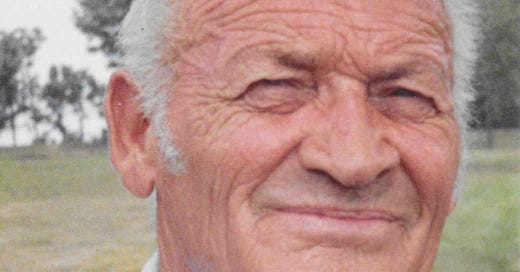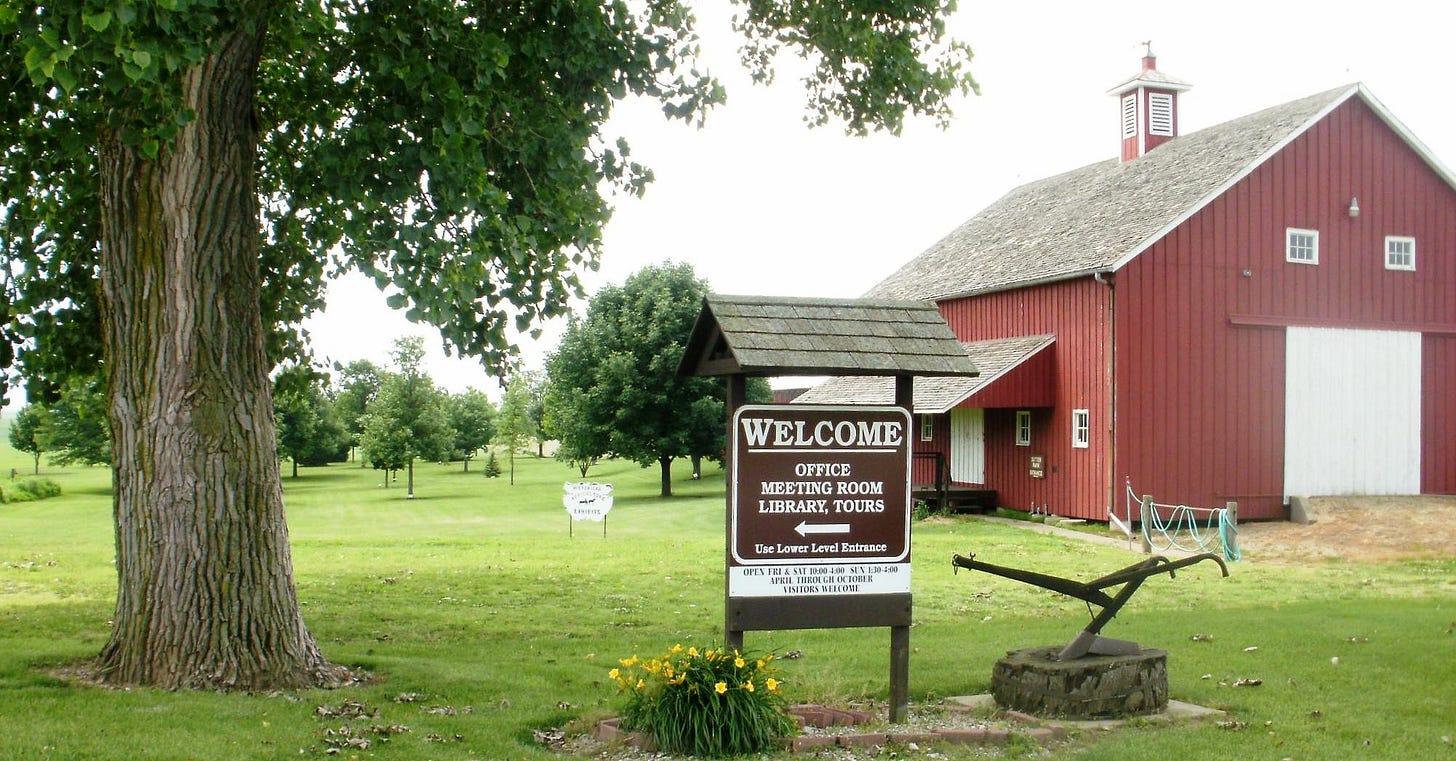My Daddy is Home
Every time I look in a mirror, I see the deep lines on his face, the gray passion in his hair. I remember the hours we spent playing catch in the backyard until the sun disappeared from the sky and darkness had replaced it. I remember the basketball games when he came to watch me play, and I would spend the entire game on the bench. He never asked me why I didn't get to play or why I wasn't as good as the others on the team. He could have, you know. He had been the captain of his basketball team—the leading scorer. I never achieved his greatness, his level of skill. I was a second-string player sitting on the bench. I showed up at every practice, ran laps with the best of them, and shot free throws by the hundreds. I remember the first time I was fired from a job. He didn't yell at me or make fun of me. He quietly offered his help. I was fifteen and wanted to work for someone besides him. I didn't want to build houses that summer. To carry cement blocks in the hot sun to those laying the basement walls. I didn't want to carry shingles or hang insulation and drywall. I tried to step outside the shadow of my father, to find my path, to make my way in the world. I secured a job detasseling corn, walking the cornfields during the hottest days of July, sweat pouring down my face. I had leaped from the frying pan into the fire. If I thought construction was hard work, detasseling was even harder. And I wasn't the boss's son. I couldn't hide out. I lasted a week, and they fired me. Claimed I was too slow. It was a setup. My supervisor told us he wanted a girls' crew. So he told four of us to take our time, and then he fired us for working too slowly. When I told my father, he said he could help if I was willing to apologize. So he took me to see a man that he knew, someone high up in the company. I stood there, shamefaced, apologizing and begging for my job back. It did not work. Even my father could not fix everything. More than a dozen years ago, my father passed away. A heart attack. He had gone to work when he was still sick from pneumonia. He was sitting on the tailgate of his blue pickup when it hit him. He fell to the ground. One of his employees helped him to his feet. He sat down beneath a tree. Moments later, his heart gave out. He left his body. He left with a smile on his corpse. Dead, one month shy of his sixty-fifth birthday. We all must die someday. I wonder how my death will come. Will it sneak upon me in the middle of the night? Will it accost me at noon on a hot summer's day? My hair is showing gray now. My wrinkles are deeper. My body stiffer. My snoring louder. Each of us must come to accept who we become. Each of us must find our way through the fog of death. My nephew claims my father visited him after he died. Will he be there waiting for me when I crossover? What awaits any of us on the other side? On my wall hangs a photo of my father and his basketball team. I look at it almost every day as I reach for a tie to put around my neck. My father was a quiet man with a smile on his face. My mother claimed the smile was from the car accident where he had all his ribs broken, except the one that God used to make woman. And most of his teeth were broken off when he tried to eat through the dashboard. Would my father be proud of me today? Would he sit on a hard chair and listen to me preach? The gift my father gave me was to support whatever I did and to be proud of me. Sometimes late at night when my world is asleep, I can hear him breathing. Some veil in time opens and we cross the folds that separate us. I listen for his return when I will whisper: My daddy is home.
Notes:
If my father were still alive, he would turn 100 in July. He passed away almost thirty-five years ago, when I was forty-one. I received the news from my sister. I had visited my parents about two months before his death and took a few photos of him. He was overseeing the reconstruction of a barn at the Illinois Mennonite Heritage Center in Metamora.
These two poems are different than most of my poetry because they are grounded in fact. These are about my dad. I have only made minor changes to the story. Most of my poems are fictional.
Since my Dad’s brothers and sisters have passed, I dedicate these poems to Dad’s first cousin. Maurice and I connected last year. He is 92 and in hospice. He reads and comments on my poetry and newsletters.
These poems were written in 2003.
An Old Red Jacket
You asked me why I wear this old red jacket, faded and torn under the armpit with the emblem of a cardinal on the left breast. I smiled and remembered how proud my father was when he gave it to me. I was married by then and had a child of my own. His construction business had fallen on hard times and he was forced to make his living weatherizing old houses instead of building new ones. Since he bought a lot of insulation, he received gifts, incentives to buy more, from the company that promotes itself through the image of the Pink Panther. Today, I work in an office building down the street from the corporate headquarters of the Pink Panther and my father lies buried in the church cemetery. This red jacket is one of the few tangible connections I still have to my father, a man who built over three hundred homes in his career, a man who received more than three hundred blue ribbons showing his hogs at the state fairs. What is the making of a man? When we reach the end of that road, and the good Lord comes to take us away, how should we be measured? By what standard are we to be judged? How will we be remembered? Was it all in vain, or did we leave a small footprint in the sand to be washed away by the next tide? I wear this old red jacket from time to time and remember my father and one of his final gifts to me. My mother died nine years after my father and now lies buried beside him. When we divided up her possessions among the six children, I requested the second red jacket, the one my father wore. It is more faded and stained than my own, and it is a size too small, but I hang it in our coat closet as a reminder of the man my father was, and some would say still is. What is the measure of a life spent building houses? What is the measure of the darkness that caresses my soul? I listen to the music playing in my head and whisper a prayer of remembrance. I zip my old red jacket and walk beneath the autumn moon. I am my father's son. And the jacket is the blessing he gave me.






Harley, I appreciate your comments about your cousin Maurice for I am sure that had to be me. I have two things to tell you. Our cousin Glenn Burkholder died in the Tofield hospital on Tue. or Wed. He was living in what we called Aunt Nora's house. The house had been white since it's building around 1919, but Glen had painted it green. I have his Obituary, but I don't have your email.
Harley, this is beautiful. It's a wonderful tribute to your Daddy. It brought me to tears in several places because your love and devotion for him was so real I could feel it. I wish I could upvote it one hundred times.
... and I have no doubts. He is still very proud of you.